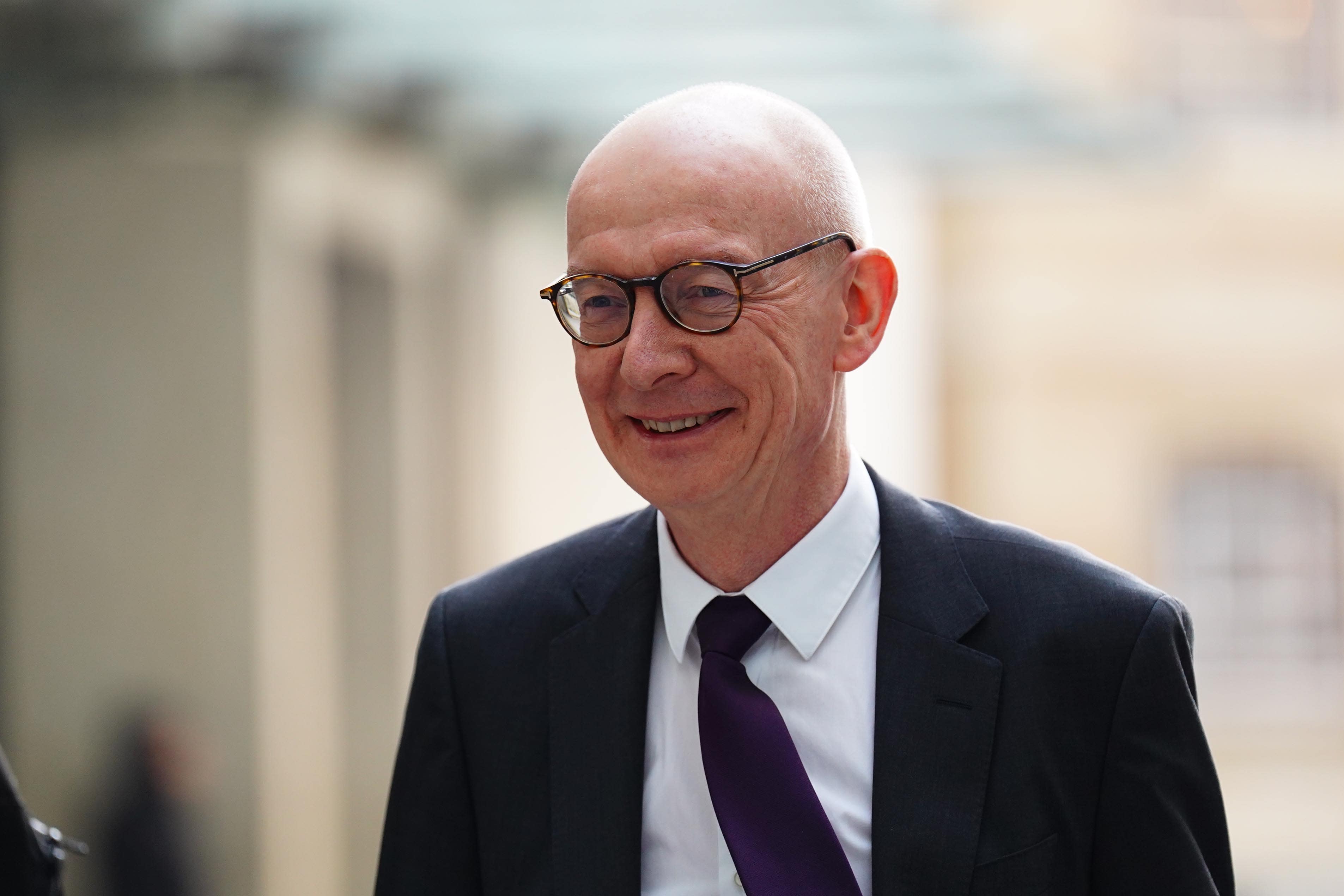What Labour’s crackdown on government credit cards reveals about its approach to public spending
Pat McFadden’s move to curb excessive civil service spending highlights a focus on tackling waste and inefficiency in government, writes Sean O’Grady, but does it go far enough to rebuild public trust?


The dour Scotsman holding the title of chancellor of the Duchy of Lancaster and Cabinet Office minister, Pat McFadden, doesn’t seem much of a space cowboy but he has in common with Elon Musk an apparent zeal to eliminate waste. Being more sensible and considerably less excitable than his (rough) US counterpart, McFadden has not yet egregiously breached the British constitution but he has summarily abolished almost all of the civil service “credit cards”, a distinctly Doge-like action. It’s more than just a symbolic move…
What’s the problem?
The immediate one is the sometimes seemingly wanton use of some 20,000 government procurement cards (GPCs) that enable officials to order relatively trivial items – ie not new aircraft carriers or reservoirs – without too much onerous invoicing and other paperwork in the digital age. Typically this means paying for ad hoc official hospitality, travel and office equipment. However, Labour in opposition discovered some expenditure that seemed questionable. This included:
- A £4,445 dinner in New York for the then prime minister, Boris Johnson, for himself and 24 of his staff
- About £1,500 on lunch and dinner for Liz Truss, as foreign secretary, in two upmarket restaurants in Jakarta
- Rishi Sunak, when chancellor, spending £3,000 on 13 photographs to brighten up the Treasury
- Buying DJ equipment, which raises the possibility that the karaoke kit that featured in the Partygate horror was paid for by the taxpayer
Total spending on GPCs has quadrupled in the last few years to a non-trivial total of £600m.
What’s the answer?
An immediate Muskian freeze on GPCs, a reduction in the item limit for hospitality from £2,500 to £500, and any spend more than £500 requiring director general (top civil servant) approval. Civil servants will also be banned from using cards where there is either a departmental or cross-government procurement route. McFadden would like to radically reduce the number of GPCs in circulation.
Is McFadden ‘the British Musk’?
Joking apart, he and his colleagues in the Cabinet Office and Treasury are pursuing waste, inefficiency, and ineffectiveness across the British state, the most high-profile examples being the abolition of NHS England; the current review of social security long-term sickness and disability benefits; Yvette Cooper’s attempts to get spending on migrant hotels down; and Angela Rayner’s drive to reorganise local government.
Regulators are being told to prioritise growth, and the government wants to rationalise agencies and quangos. The chancellor, Rachel Reeves, has actually created a new quango, the Office for Value for Money, to reassure the public about things, though the parliamentary public accounts committee has expressed scepticism about its role. The cuts in overseas aid are the nearest functional parallel to Doge, though, to be fair, British ministers don’t argue that such transfers are corrupt and wasteful.
Why does it matter?
In the great scheme of things, this is “sweating the small stuff” and doesn’t make much difference to the big picture in a public spending total exceeding £1 trillion a year. However, McFadden and his colleagues recognise, if not fear, the damage that lurid stories about abuse do to the reputation of the state and trust in government. Tony Blair always used to say that the public didn’t mind paying more in tax for public services provided they could be sure it wasn’t being wasted, and, as they couldn’t have such confidence, were therefore reluctant. The public’s dismay at the £3bn a year that’s been spent on migrant hotels is a prime example of how things can go wrong.
Is Labour now the party of prudence?
Funnily enough, the GPCs were introduced by the New Labour government in 1997, to reduce administrative costs, but things appear to have got out of control in the Conservative years. There will always be waste and inefficiency, even in the most cash-starved of organisations in the public or private sectors; but at least McFadden, Keir Starmer and Reeves seem to be genuinely appalled by it. Maybe one day they too will drift into the kind of bad habits parties develop after a prolonged time in power.
Join our commenting forum
Join thought-provoking conversations, follow other Independent readers and see their replies
Comments
Bookmark popover
Removed from bookmarks